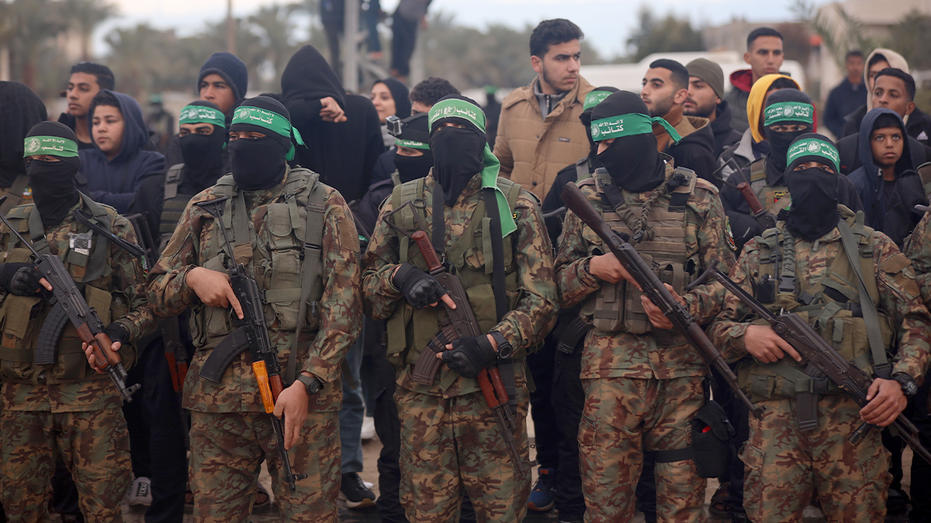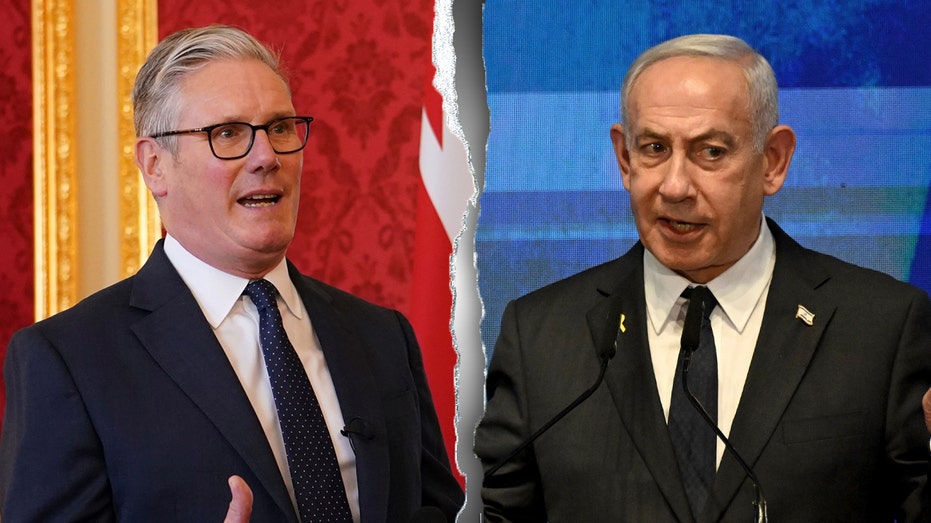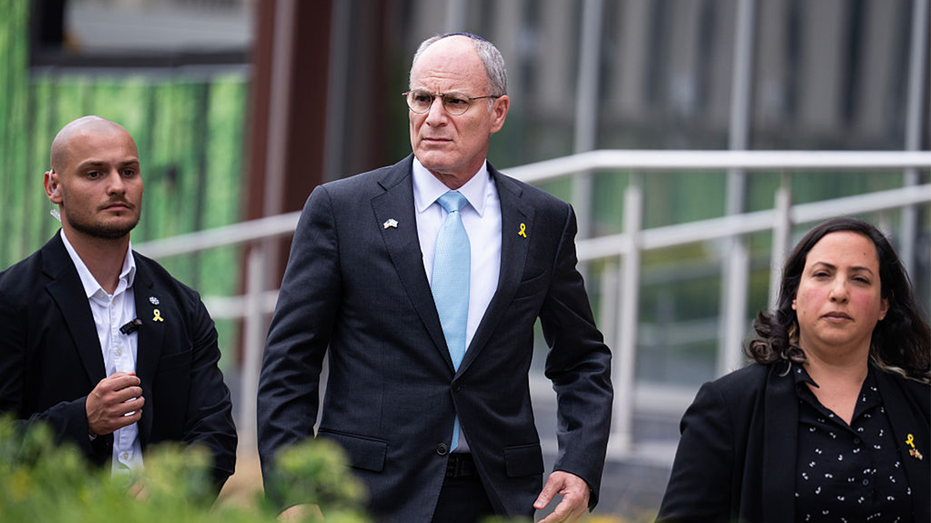Trump peace plan for Gaza could be just a 'pause' before Hamas strikes again, experts warn
Regional coordination supports President Donald Trump's Gaza peace plan, but analysts caution that Hamas's continued existence could reignite conflict.

The emerging Gaza peace framework crafted by President Donald Trump could reshape regional dynamics, but analysts warn that unless Hamas is fully stripped of its weapons and power, this will amount to little more than a pause for the terrorist group before it renews conflict.
Dr. Michael Milshtein, head of the Moshe Dayan Forum at Tel Aviv University and one of Israel’s foremost experts on Hamas, says any plan that assumes the group will dissolve misunderstands its nature.
"Forget words like peace and coexistence — that won’t happen," he told Fox News Digital. Hamas leaders, he explained, have made clear they will not accept an international mandate or a Tony Blair-style trusteeship. "They’re prepared to let a cosmetic Palestinian administration run daily affairs, but Hamas will operate behind the scenes, like Hezbollah in Lebanon."
EXCLUSIVE: ISRAELI AMBASSADOR SAYS NO PEACE IN GAZA UNLESS HAMAS HANDS OVER ALL 48 HOSTAGES, DISARMS
Milshtein said Hamas’ rhetoric about "freezing" weapons — rather than surrendering them — reveals its strategy. "They’re willing to stop growing stronger but not to disarm. They’ll hand over what’s left of their rocket infrastructure but keep light weapons and explosives," he said. "Hamas will remain in Gaza under every scenario — as a military and social force. The war may end, but Hamas stays."
An Arab source knowledgeable about the negotiations told Fox News Digital he believes Hamas will agree to disarm — but only if it is confident Prime Minister Netanyahu will not restart the war or pursue its leaders after they lay down arms, admitting phase two will be hard to negotiate.
Ghaith al-Omari of the Washington Institute says the current optimism rests on extraordinary regional coordination. "Trump has amazing instincts when it comes to recognizing openings and opportunities," he said. "He identified the moment and went for it."
Al-Omari said the convergence of several pressures — the attack on Qatari soil, growing Gulf anxiety over instability, and fear of the conflict spreading — pushed Arab states to act. "They have tremendous leverage," he said, "and this time they used it."
One of the key players, he emphasized, is Turkey. "Bringing in the Turks was key," al-Omari explained. "Ankara had its own interests with Washington and moved quickly to be part of the equation." He said Turkey’s leverage over Hamas is both political and personal: it hosts Hamas leaders, controls financial channels, and offers an ideological model through its ruling AKP party. "They can tell Hamas, ‘Look at us — we started out illegal and unarmed, but we learned to work within the political system. If you disarm, you can become a political organization too.’"
TRUMP UNVEILS 20-POINT PLAN TO SECURE PEACE IN GAZA, INCLUDING GRANTING SOME HAMAS MEMBERS 'AMNESTY’
That example, he said, could encourage Hamas to "play the long game — step back now, survive politically, and wait for the Palestinian Authority to weaken." But he warned that this approach does not amount to dismantling Hamas; it merely channels its ambitions into politics rather than open warfare.
Al-Omari is uneasy about signs that Arab unity on disarmament is already fraying. "I am concerned when I hear the Egyptian foreign minister say that disarming Palestinian weapons is an internal issue," he noted. "And Emirati officials have said they’d send troops only to the Rafah border. That kind of slippage is dangerous."
He said the decisive test will come after the first phase. "If Hamas doesn’t disarm, we won’t have to wait years," he said. "Things could reignite within weeks."
Mark Dubowitz, CEO of the Foundation for Defense of Democracies, said that a truce is not peace. "This is only a pause," he told Fox News Digital. "There will be peace only when Hamas lays down its weapons, surrenders all role in governing Gaza, and the Trump Peace Plan is fully implemented. That will require relentless focus from the president and his team to cut through Hamas’ games and end its grip on the Gazan people."
Dubowitz dismissed hopes of voluntary compliance. "They will never give up willingly," he said. "They must be pushed out of Gaza and relentlessly hunted down inside the Strip by the IDF and whatever international security force is willing to take action."
ISRAEL-HAMAS CEASEFIRE TAKES EFFECT, IDF BEGINS PULLING BACK IN GAZA
Tamir Heiman, a former Israeli intelligence chief, described three possible scenarios once the hostages are released and fighting subsides. In the best case, Hamas cooperates with the establishment of an alternative technocratic government supported by international policing forces. If it refuses, Israel could still transfer limited security control to an international force "in separate sectors, gradually," he said.
The third scenario — and, in his view, the most likely — is that no foreign force steps in. "The IDF would remain in areas along what we call the yellow line, operating like a security buffer similar to southern Lebanon," Heiman said. Under that model, Israel maintains freedom of operation while Hamas retains light weapons but is stripped of rockets and missile factories. "It’s not peace," he added, "but it’s managed security."
Taken together, the analysts paint a cautious picture. The Trump team has aligned regional interests and generated rare cooperation among Arab capitals, they say, but sustaining that unity through disarmament and reconstruction will be the true measure of success.
If Hamas continues to exist as a hybrid militia-government, experts warn, the world may soon discover that the "peace" is only an intermission between rounds — a pause mistaken for an ending.
What's Your Reaction?

















